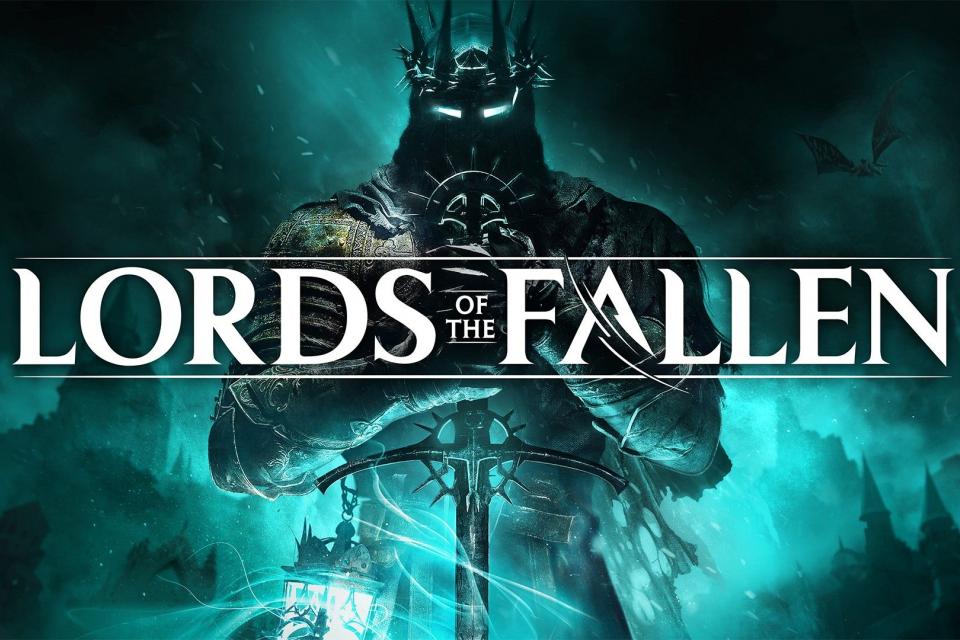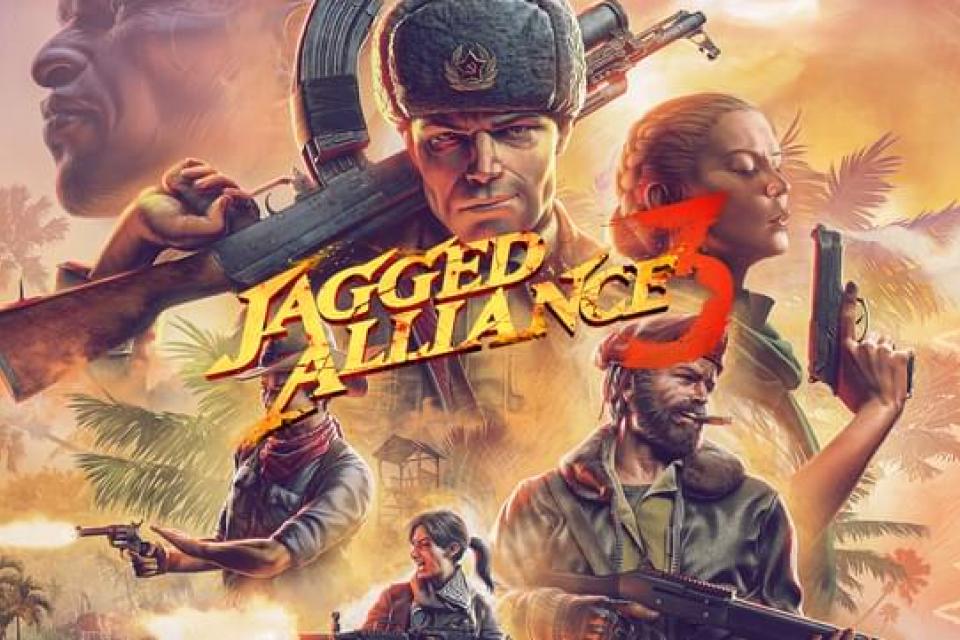
For a while now we are told that the RIAA speaks for all artists when it claims that filesharing is the ultimate enemy of creativity and that chasing individual users is the only way of ridding this world of everything evil from terrorism to AIDS.
A recent survey by the nonprofit Pew Internet and American Life Project however, seems to suggest otherwise.
The first large-scale surveys of the internet's impact on artists and musicians reveal that they are embracing the Web as a tool to improve how they make, market, and sell their creative works. They eagerly welcome new opportunities that are provided by digital technology and the internet.
At the same time, they believe that unauthorized online file sharing is wrong and that current copyright laws are appropriate, though there are some major divisions among them about what constitutes appropriate copying and sharing of digital files. Their overall judgment is that unauthorized online file-sharing does not pose a major threat to creative industries: Two-thirds of artists say peer-to-peer file sharing poses a minor threat or no threat at all to them.
Across the board, among those who are both successful and struggling, the artists and musicians we surveyed are more likely to say that the internet has made it possible for them to make more money from their art than they are to say it has made it harder to protect their work from piracy or unlawful use.
The survey found that more than three-quarters of all artists, 77 per cent, and 83 per cent of Paid Artists use the internet, compared to 63 per cent of the entire population. Many site specific gains in their careers from their use of the internet. 52 per cent of all online artists and 59 per cent of Paid Online Artists say they get ideas and inspiration for their work from searching online.
When asked about their views of online filesharing, the artists provided revealing replies. Half of all artists say that copyright regulations generally benefit purveyors of art work more than the original creators. Musicians echo those views. Still, just 28 per cent of artists consider file-sharing to be a major threat and 30 per cent of Paid Artists say this. Among the musicians in the online survey, two-thirds say file-sharing poses a minor threat or no threat at all. 19 per cent of Digitized Artists say unauthorized copies of their works have been posted online.
52 per cent of all artists and 55 per cent of Paid Artists believe it should be illegal for internet users to share unauthorized copies of music and movies over file-sharing networks, compared to 37 per cent of all artists and 35 per cent of Paid Artists who say it should be legal.
The real eye opening information however came when the artists were asked to comment on the Recording Industry Association of America's lawsuits against individuals who are accused of sharing large numbers of music files online without permission from the copyright holder. Close to two-thirds of all artists felt that the companies that own and operate file-sharing networks would be a better target to bear the burden of responsibility. Just 15 per cent think that the individuals who are sharing the music files should be the ones held responsible, and 15 per cent think both the individuals and the file-sharing companies should share the responsibility equally.
The musicians who took the online survey have somewhat different views: 37 per cent say that both those who run the services and individuals who share files should be held culpable. Only 17 per cent single out the online services and 15 per cent single out individuals as the primary culprits. But most (60 per cent) believe that the RIAA campaign will not benefit them. In the final analysis, artists are evenly divided in their assessment about whether file-sharing programs are a net good or a net bad for their colleagues, while the musicians we surveyed are more likely to see the positive aspects of file-sharing.
47 per cent of all artists agree with the statement that file-sharing services are bad for artists because they allow people to copy or use an artist's work without getting permission or compensating the artist. 43 per cent agree that, file-sharing services aren't really bad for artists, since they help to promote and distribute an artist's work to a broad audience.
Half of all online artists in the survey sample say they listen to music online at a radio station, music store, recording artist or music service Web site, and 58 per cent of Paid Online Artists say this. That number is significantly higher when compared to a recent measure of all online adults; just 34 per cent of internet users say they listen to music online.
Although this survey does not provide any conclusive results regarding artists views on filesharing it does demonstrate that the artistic community is polarised regarding the pros and cons of filesharing and the majority of artists agree that going after individuals with a barrage of lawyers is more likely to harm sales in the long run.








